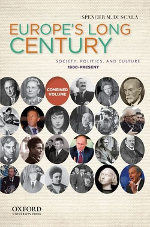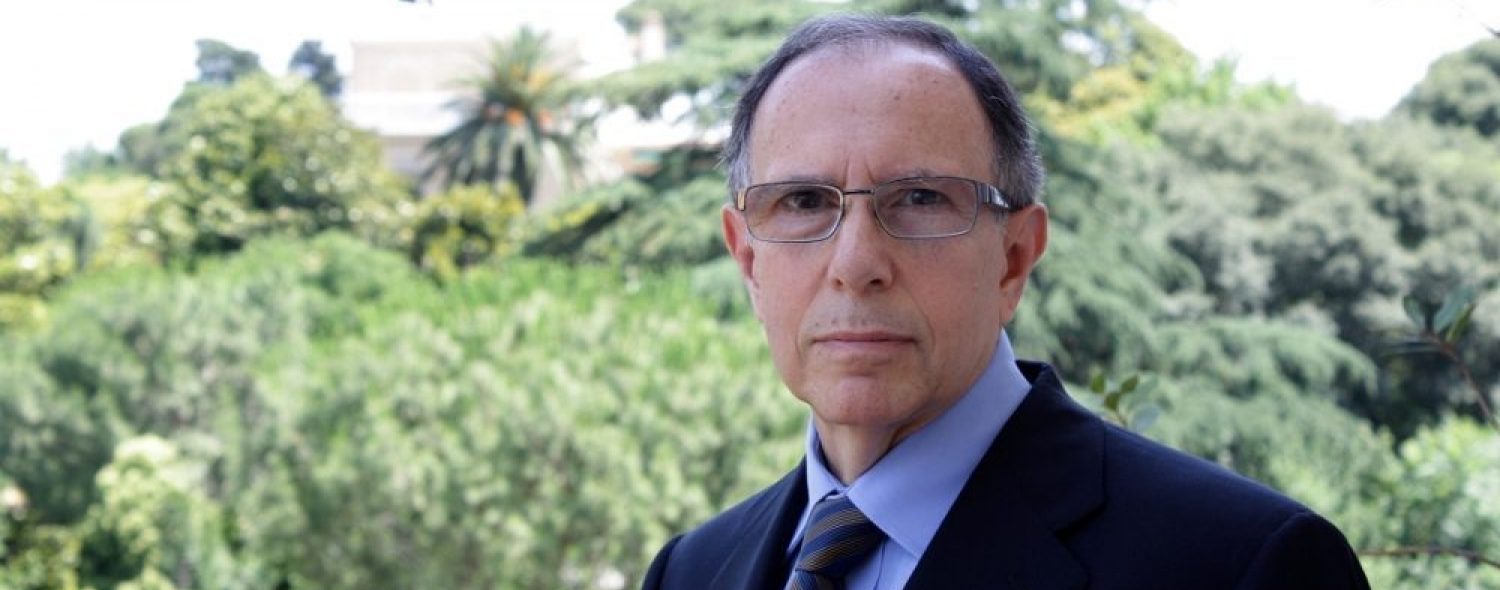
Europe’s Long Century: Society, Politics, and Culture (OUP, 2013)
The twentieth century has been interpreted as a short century marked by extremes. According to this view, the century lasted only from 1914 to 1989 or 1991. These dates coincide with the rise and fall of communism that came to power in Russia in 1917 and ended with the fall of the Berlin wall (1989) or that of the Soviet Union (1991). Thus, the concept of a short century is unduly influenced by a Cold War perspective. In Europe’s Long Century, Spencer Di Scala presents an alternative view that will be more helpful to undergraduate history students in the twenty-first-century: namely, that twentieth century Europe was actually a “long” century lasting approximately from 1900 to 2000 with patterns and antecedents discernible before the century began and that continue to be elaborated today.
Comprehensive, current, and affordable, Europe’s Long Century integrates the histories of Eastern Europe, Scandinavia, and the Balkans that are often neglected in similar treatments. It also thoroughly covers the role of science in shaping modern European life, and the book’s “biographical sketches” profile the lives of important—though not always well known–people who influenced Europe’s long century.
Praise for Europe’s Long Century
“In Europe’s Long Century, Spencer Di Scala persuasively argues that the last hundred years of European history was not a ‘short century,’ one marked only by the rise and fall of communism. A longer history was unfolding. The trends and main issues we are coping with today have deep roots: science and its dilemmas, migrations, ethnic and religious conflicts, and the hopes and disillusions of an integrated Europe in a multipolar world. Di Scala has written an innovative, comprehensive, and courageous book. After reading it, we know more of our history and more of ourselves.” —Giuliano Amato, former Prime Minister of Italy and Professor Emeritus at the European University Institute of Florence
“Europe’s Long Century is in the front ranks of modern European textbooks. It is accessible and engaging, and is the product of substantial research and reflection. This book delves into geographic and thematic corners of the continent that are often neglected. And while comprehensive in its coverage, it manages to remain concise.” —John Cox, University of North Carolina, Charlotte
“Europe’s Long Century is a well-written survey that nicely balances relevant themes and countries/regions covered. It gives students the necessary tools for doing further research. Each chapter is clear and concise, written in straightforward language. This will be a real asset for students and instructors alike.” —David A. Messenger, University of Wyoming
